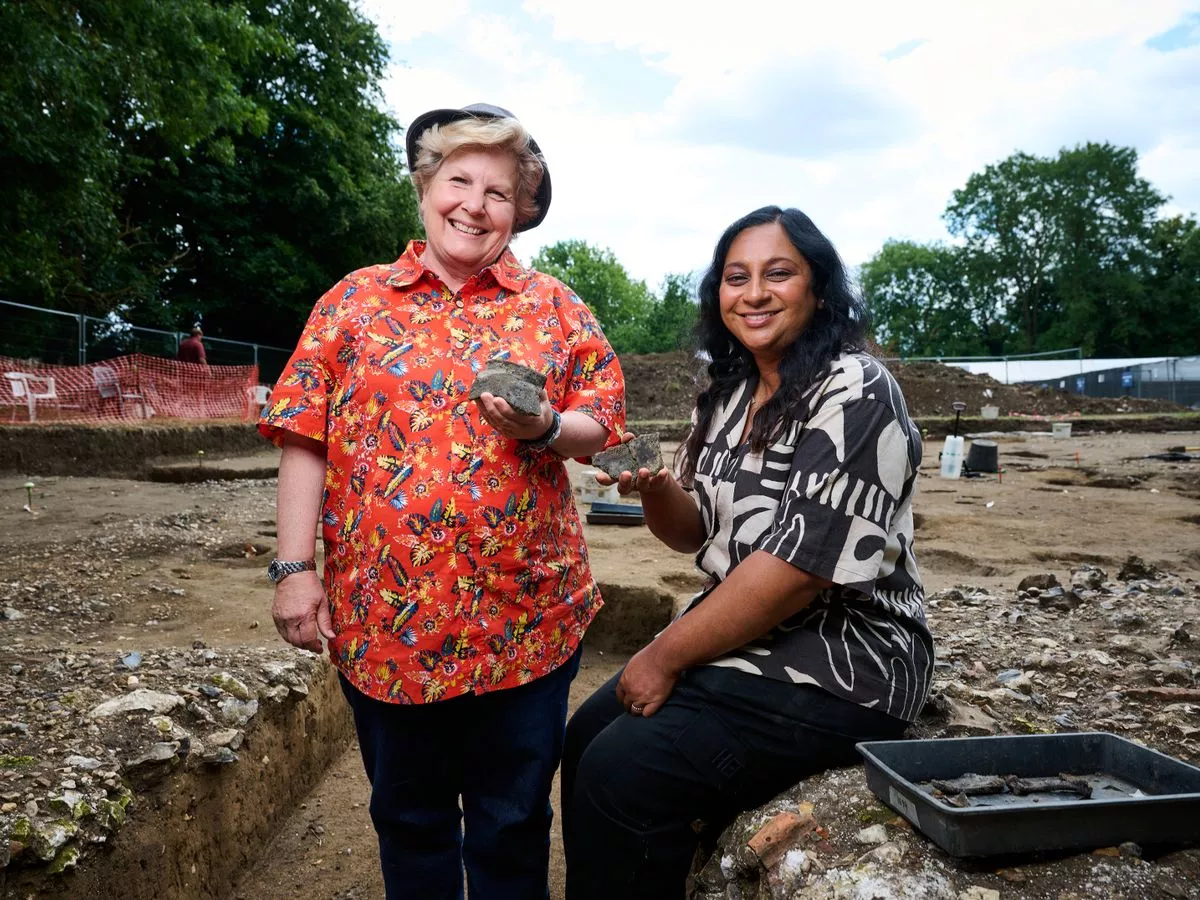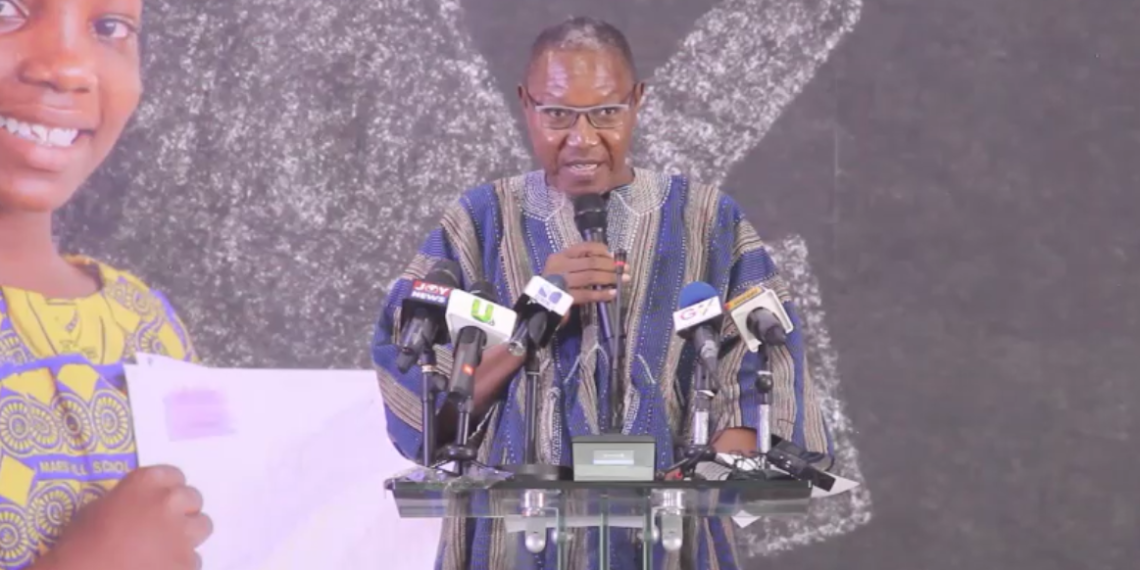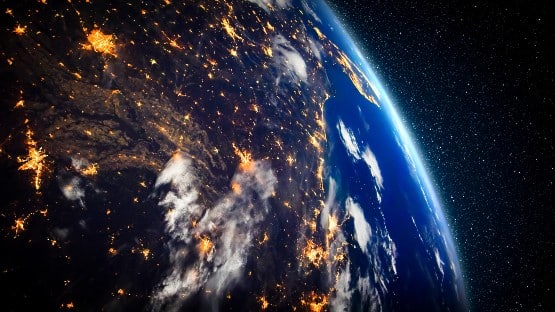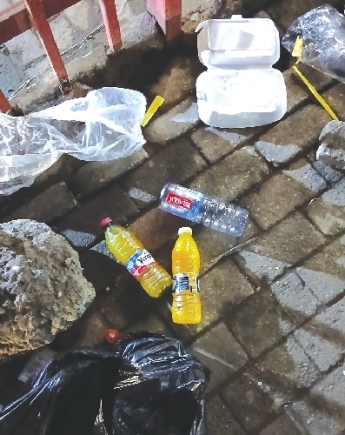Copyright ok

Sandi Toksvig is always up for a bit of intrigue, but in her latest series – Sandi Toksvig's Hidden Wonders – she's delving deeper than ever before and one moment left her sobbing. The much-loved presenter is turning her lifelong passion for archaeology into a full-blown adventure, unearthing the history hidden beneath Britain's soil. "I studied archaeology many years ago at Cambridge University. It was a theoretical course, so I never went on a dig," she shares. "So when I got offered this, it was a bit that was missing in my education. I really needed to do this." Joining forces with her mate, archaeologist Raksha Dave, Sandi, 67, sets off on an exciting nationwide journey across four episodes. From Dorset to Northumberland, the pair unearth remarkable discoveries that span from the Iron Age to the Second World War. The series kicks off in Dorset, where a team from Bournemouth University digs up a 2,000 year old Iron Age cemetery belonging to the Durotriges, one of Europe's earliest women-centric communities. From there, Sandi and Raksha head off to join the University of Reading at Cookham Abbey, before heading north to explore Hadrian's Wall and finally taking on their most ambitious dig in Essex – uncovering the wreckage of a US fighter plane from the Second World War. "It's such an astonishing range," Sandi shares. "We cover everything from the Romans to the Iron Age, which is the period from about 800 BCE to 43 CE, to look at the Durotriges. They were a local Iron Age tribe in modern Dorset and one of Europe's first women-centric communities." However, not all discoveries are straightforward. In the opening episode, Sandi encounters a chilling discovery deep within a two-and-a-half-metre pit. "We discovered a 15-to-17-year-old skeleton face down with a break across one of the arms," Sandi remembers. "The arms had been tied together prior to death. The nature of the death seemed to be violent and suggested this was perhaps a sacrificial grave. Everybody was being careful." Raksha, experienced and composed, handled the skeleton delicately. "She very carefully picked it up and handed it to me," Sandi recounts. "I turned the face at last to the light and it felt like the person was looking at me. "At that moment, I unexpectedly burst into tears. I could not stop crying. To hold that person's head in my hands was one of the greatest privileges of my life." For Raksha, the discovery was revolutionary. "It was pretty gobsmacking," she admits. "It's very rare to find a human sacrifice. That's not the first one they've discovered, there's an obvious pattern that follows from years of digging. This suggests that it was the norm for the Durotriges." The chemistry between Sandi and Raksha is a highlight of the show. "Very occasionally, you meet somebody and you think, 'We're going to be friends,'" Sandi says. "I am so drawn to anybody with expertise; Raksha has archaeology running throughout her bones. She is a magnet for archaeological finds. Give that woman a trowel and stick her in a couple of inches of dirt – she'll find you something fantastic!". Raksha laughs, saying, "Sandi calls me a magpie because every time I turn up on the site, I find stuff." But it's not all glamour and golden relics. "Camera crews don't realise how crazy it can be," says Raksha, 48. "There's a lot of dirt flying around. Quite often, you can be in challenging places, not all sites are accessible. You don't know what the weather's going to be like, it could be really horrid and muddy. Also, camera crews are not used to an archaeological digging timetable. When you're down a hole shovelling into a wheelbarrow all morning, you need to have a break." Despite the obstacles, the duo's bond made every excavation, spade and grimy pit worthwhile. "Raksha is really good fun," Sandi says. "We had beer, sitting back in a wheelbarrow – she taught me that leaning back in a wheelbarrow is a rather comfortable chair." We're friends and I admire her beyond words. The fact she's been President of the Council for British Archaeology doesn't surprise me." Their shared laughter balances the show's emotional weight, but both women hope the series sparks a bigger debate about archaeology's future. "I hope more will volunteer. Things are beginning to rot because of climate change," Sandi says. "The safest way to protect something was to leave it buried. Now, we need to get cracking. I would encourage everybody to volunteer. It's a fantastic experience." Hidden Treasures with Sandi Toksvig airs on November 4th, on Channel 4.



